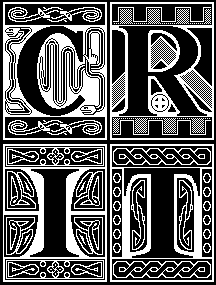Dr. Bart Thurber & Dr. Jack W. Pope, University of San Diego
As we enter the decade of the 1990s, computers have become indispensable tools in higher education. The jury is still out on the impact of these new technologies on the teaching and learning process itself. But, four promising trends—the blending of traditional forms of media; the promise of high end, relatively inexpensive, “scholar workstation” environments for the teacher/researcher; the increasing accessibility to national networks and data resources; and finally, the computerization of library holdings across the entire spectrum of institutions of higher learning from small liberal arts campuses to research universities—offer an exciting future for academic computing services.
The challenge, however, is to capitalize on these trends through cooperative computing efforts aimed at centering the use of computing tools in the disciplines themselves. Convenient departmental, preferably individual office access to campus library bibliographic resources as well as national data bases and data services is critical to scholarship and research. But with the ability to access knowledge resources, academic disciplines can be expected to require the advanced computing hardware and software tools needed to design discipline-specific research and instructional materials. Recent trends in the design of high performance “scholar’s workstations” indicate that the next decade will see many advances of enormous benefit to educators designing discipline-specific learning tools. Finally, while the impetus for the design of discipline centered tools for learning and scholarship rests within the disciplines themselves, institutional support structures to encourage the use of new tools should be in place to facilitate the development and use of new tools for learning.
Computing is wedded to academia already; the key question is whether computers are just another means of addressing essentially mundane tasks, or whether computers can really revolutionize the ways in which we learn, know, and think about the world around us. It is up to us as educators to inquire whether these tools really can, as we would all like to think, revolutionize learning and knowing. We can only accomplish this together, in a cooperative effort between academic disciplines and technological support facilities. The results of this effort will determine the real nature of the “Computer Revolution.”
